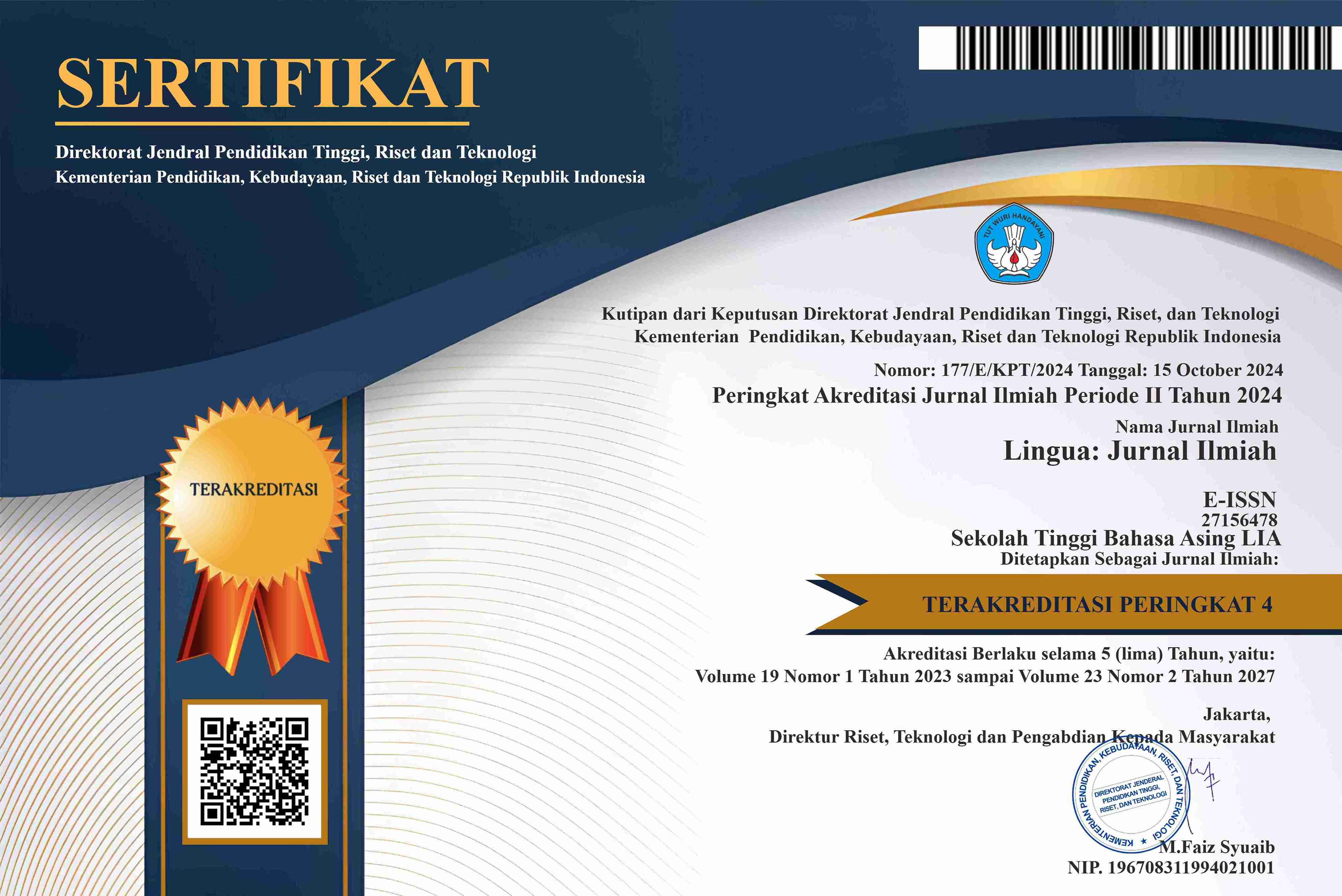BORROWINGS FROM ENGLISH IN A PHILIPPINE REGIONAL LANGUAGE: IMPLICATIONS FOR LANGUAGE TEACHING
Keywords:
mother tongue, corpus linguistics, translanguaging, entextualiztionAbstract
This sociolinguistic study was conducted in conjunction with a project on the development
of a course syllabus and instructional materials for the teaching of Hiligaynon as mother
tongue in Region VI Western Visayas, Philippines. A corpora of the first one thousand
commonly-used in Hiligaynon was developed through an adopted concordancing software.
Derived from corpus linguistics, a corpora study is a descriptive method of studying
language in context and is ideal for a functional-based analysis of language (Meyer, 2004).
The words were culled from various genres in the local language. These were analyzed for
meaning, part of speech, and level of usage in Hiligaynon discourse. The corpora, however,
yielded codes borrowed from English. A semantic, syntactic, and functional analysis of the
words led to the following categories: adapted words, convenient alternative words, words
occurring in compound nouns, indigenized spelling, indigenized pronunciation, and
clipped words. The results imply that a purist approach in teaching mother tongue will limit
the learners’ acquisition of vocabulary and skills in meaning-making. It is recommended
that language teachers take an eclectic posturing that considers multi-modalities,
translanguaging, authenticity, linguistic resourcing, and entextualization.
Downloads
Published
How to Cite
Issue
Section
License
Copyright (c) 2024 Fina Felisa Lavalle-Alcudia, Ma. Asuncion Christine V. Dequilla, Daisy A. Rosano

This work is licensed under a Creative Commons Attribution-NonCommercial-NoDerivatives 4.0 International License.












